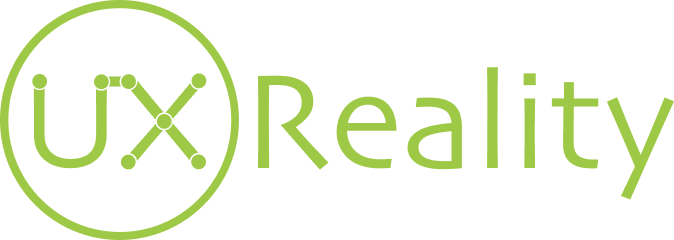People are driven by the desire to improve their quality of life. That’s why companies are permanently trying to enhance their products. In order to make it possible, they require better and cheaper research. Companies are permanently trying to answer the question: «How do we stay competitive next week, in a year, in 5 years?» This issue will always remain existential but its solutions should evolve quickly in order to keep up with rapidly changing customers’ needs.
Clients will always ask for something bigger, better and cheaper. Thus companies will reach out to those research service providers which will be able to deliver better insights and forecast at lower prices.
Research companies’ clients don’t want 10 year old solutions, and therefore, this pushes service providers to consider and use new technology. Let’s take a closer look at how contemporary research methods and the never-ending evolution of customers’ needs change the industry landscape and what clients expect from research agencies today.
1. Fast and cheap qualitative consumers’ insights
Customers’ needs are changing very rapidly. They have become more and more sophisticated making companies do more work within shorter timeframes. Thus, further advancement of any industry heavily depends on automation. In order to track the rapid changes in consumers’ preferences, you need corresponding tools which will provide you with relevant data within a short period of time. That’s why a major trend today is automation of all processes including in market research.
Biometric research, eye-tracking, emotion measurement and other tools have the potential to make market research faster, cheaper, and more reliable. Of course, these instruments are not magic pills, but they represent a significant competitive advantage for big and small research companies.
2. Concise and actionable conclusions
Customers, ordering the research, won’t have time to read long reports or spend hours studying the spreadsheets. What they need are short and actionable conclusions showing what customers want and providing guidance on how to achieve it.
In order to make it possible, market research companies should understand that there is no other correct answer to the question: “How to do market research” except for: “Through the application of contemporary research methods and tools based on the latest online solutions”. Some old methods, like traditional surveys, are still good and applicable, but will very soon become useless without a cutting-edge tech aid.
3. New types of report: from Big Data to clear insights
The speeding up of the research process will make research companies reconsider their reporting patterns. Clients expect that research companies will be processing larger amounts of data within shorter periods of time and, what is most important, to produce reader-friendly, comprehensive reports. Automated neuromarketing research fulfills this part of clients’ demands. For instance, when you analyze customers’ behavior using eye tracking, you don’t need to care about reporting as the smart software within a couple of seconds automatically generates the “heatmap” – a comprehensive report demonstrating which part of the product/advertising attracted the customer’s attention.
4. A study answering the question “Why”
Research will always be in demand. However, approaches to research should change together with evolving customers’ needs. Contemporary companies have to live in a world where technologies emerge and develop within several months and thus today businesses are eager to apply any technology able to improve the quality of conclusions and relevance of the insights, as these are competitive advantages which define the company’s future. By doing this, they want to receive answers to the questions «How many?» and «Why?». Transition to innovations will enable research companies to identify new needs, ideas, and opportunities.
Contemporary technologies will facilitate and speed up the transition from quantitative to qualitative research, which will be beneficial both for customers and research companies. Clients will get better insights and thus more information about their customers while companies will decrease the cost of research and therefore tailor it better to the individual needs of customers.


